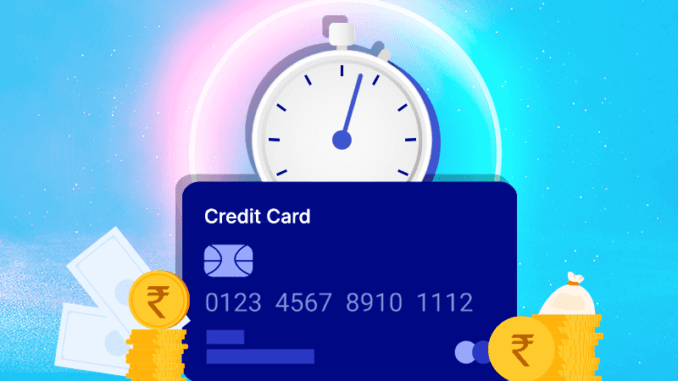
Last Updated on by Sabina
Credit cards are financial tools that allow individuals to make purchases and borrow money up to a predetermined credit limit.
Here’s how credit card work:

Application and Approval: To obtain a credit card. You need to apply with a financial institution such as a bank or credit card company. The application typically requires personal information, income details, and credit history. The issuer evaluates your application and, if approved, assigns you a credit limit.
Credit Limit: The credit limit is the maximum amount of money you can borrow on your credit card. It represents the line of credit extended to you by the issuer. The limit is determined based on factors such as your creditworthiness, income, and repayment history.
Card Activation: Once you receive your credit card in the mail. You need to activate it by following the instructions provided by the issuer. This typically involves a phone call or online activation process.
Making Purchases: With an activated credit card. You can use it to make purchases at various merchants, both online and in physical stores. Simply present or enter your credit card information. Including the card number, expiration date, and security code (CVV/CVC), to complete the transaction.
Credit card issuers establish billing cycles, which typically represent monthly periods during which they record your purchases. At the end of each billing cycle, the issuer generates a statement that details your transactions. Including the date, merchant, and amount spent.
Minimum Payment and Due Date: The credit card statement specifies a minimum payment amount. Which is the minimum you must pay to maintain your account in good standing. It’s usually a small percentage of your outstanding balance. The statement also indicates the due date by which you must make the payment to avoid late fees or penalties.
Interest Charges: If you don’t pay the full balance by the due date, the remaining amount carries an interest charge. Credit card issuers typically apply high-interest rates, known as Annual Percentage Rate (APR), to the outstanding balance on credit cards. It’s important to note that they charge interest only on the unpaid portion of the balance.
Credit Card Rewards: Many credit cards offer rewards programs where you can earn points, cashback, or other benefits for your purchases. These rewards vary based on the credit card issuer and the specific card you hold.
Credit Card Security: Credit cards come with security features like fraud protection and the ability to dispute unauthorized transactions. It’s important to safeguard your credit card information, use secure websites for online transactions, and report any lost or stolen cards immediately.
Building Credit History: Proper usage and timely repayment of your credit card can help build a positive credit history. Consistently paying your bills on time and keeping your credit utilization ratio low (the percentage of your credit limit you’re using) can improve your credit score over time.
Remember that responsible credit card usage involves using credit within your means, paying your bills on time, and keeping your debt under control. It’s essential to understand the terms and conditions of your credit card agreement and use credit cards as a tool to manage your finances effectively.


